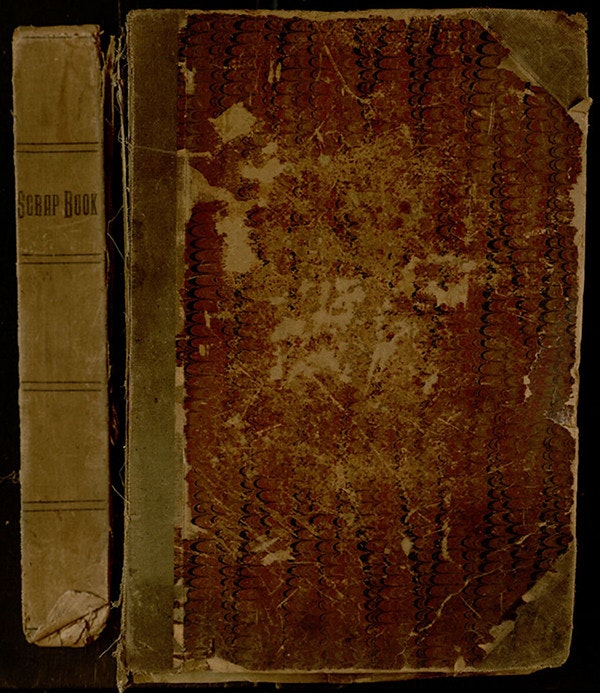When most people think of the collections in museums, archives, and research libraries, they think of the grand collections -- the papers of famous people, the documents of important events, the artifacts of significant artistic movements or time periods. However, much of history happens between big events, to ordinary people. Often these quotidian histories are overlooked. The Special Collections of Villanova University’s Falvey Memorial Library has its share of impressive holdings -- one of the first things that most visitors notice upon entering the Rare Book Room is a Union Army frock coat that was worn by General William Tecumseh Sherman and the Library is well-known for the Joseph McGarrity Collection, which consists of books and personal papers relating to Irish and Irish-American history. Alongside the books and artifacts made remarkable by the famous names connected with them, however, we also have a good collection of items that document the more prosaic lives of everyday people. These items cannot be found in a rare book catalogue, but they are no less rare or valuable. Indeed, we have acquired our “ordinary” collections from eBay, through personal connections, and from a forgotten corner of our own library’s basement. The once-widely-circulated newspapers that formed the basis of most people’s daily or weekly information and leisure reading; the letters that detail minutiae of bygone businesses and pleasures; the scrapbooks painstakingly assembled by people that no one now remembers -- all these tell the stories of everyday lives. Because these items were viewed as mundane or commonplace, they were often discarded, making them all the more rare, so it is often a remarkable feat for these items just to survive.
One such item is the scrapbook kept by Company 62 of the New York City Fire Department from 1906 to 1909. Rescued from an eBay auction by Villanova's Digital Library staff, this one-hundred page scrapbook is packed with letters, forms, and memoranda that the Engine House received, recorded, and filed away for future reference, with most pages containing multiple items. A few pages and many items are missing, but the meticulously maintained index at the beginning of the scrapbook helps fill in the gaps. Together, the index and the remaining content paint a picture of a fire department and a city confronting and adjusting to a period of rapid social, political, and technological change.
